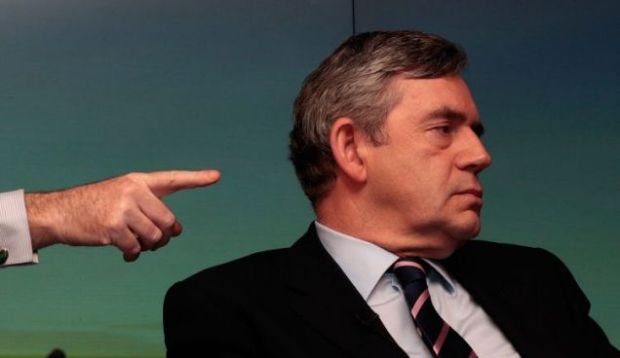The electorate have spoken. In spite of the worst efforts of Britain’s right-wing press, the 2010 General Election has resulted in a hung parliament with David Cameron’s Conservatives winning the most seats (306) and the largest share of the vote (36%). Neither of these numbers represents anything like a clear mandate to govern, but equally Labour’s position has weakened considerably due to an exodus of support and the Liberal Democrats have not made the breakthrough many expected.
So what happens now? The last couple of days’ headlines have been dominated by Cameron’s overtures to Nick Clegg and the Lib Dems, while a succession of senior Labour figures have talked up their electoral reform credentials (not that impressive, since you ask). The media commentary seems to be “who will the Lib Dems go into coalition with?” A better question might be “do the Lib Dems need to go into coalition with anyone?”
Given the arithmetic thrown up by Thursday’s results, it’s difficult to do anything other than sit on the fence when it comes to predicting how this will all pan out, but one thing seems clear – Gordon Brown is surely finished. If Cameron’s wining and dining of Clegg comes to nothing, there would have to be a highly complex series of negotiations between around half a dozen parties to form the “progressive alliance” which would keep Labour in government. It would seem inconceivable that these parties could support Brown as Prime Minister given the clear rejection he has just received at the polls. If Labour were able to quickly and ‘cleanly’ replace their leader such a deal may have legs, but the permutations still appear painful and the nationalists’ demands may prove a step too far.
On paper a Tory/Lib Dem arrangement looks more likely. Between them they could command a comfortable majority in the House of Commons without needing to strike deals with nationalists or Northern Ireland parties. There are even areas where they could find policy convergence (ID cards for example), but there would also need to be painful compromises over massively divergent policy positions on issues such as Europe, immigration, taxation and spending cuts.
Would it all be worth it for proportional representation? I firmly believe that electoral reform is a vital change but I’m also prepared to accept that it is one that should be won by virtue of argument, rather than the surrender of principle to a Conservative Party not exactly cherished among the Lib Dem grassroots.
Electoral reform will be the reason a Tory/Lib Dem coalition will (probably) not happen so perhaps that’ll put an end to all this talk and everyone’s blushes will be spared. The Tories are instinctively opposed to a fair voting system, but it’s difficult to see how the Lib Dems would benefit from climbing into bed with Cameron if they don’t get PR.
The temptation for the Lib Dems to accept Cabinet posts is totally understandable. As Michael Portillo pointed out on Newsnight on Friday, the increased profile of government would give them a terrific opportunity to demonstrate they can run things, particularly on the back of the most eye-catching of the three major parties’ recent election campaigns, but principle must be the most important consideration.
I have to be honest, any kind of arrangement with the Tories is not something I want to see. I’m firmly of the belief that the Conservative ‘philosophy’ (such as it is) is selfish, socially destructive and fundamentally malign. Could the Liberal Democrats moderate a Cameron government by working alongside it? I doubt it. Once a deal is done, while concessions may be agreed, there is no doubt who the dominant coalition partner would (and should) be. Personally I would prefer the “progressive alliance” option, but I think there are too many obstacles in its way.
I expect the end result of all of this to be a minority Conservative government for the simple reason that the alternatives are too complex and uncertain, and as a result you can probably expect another General Election within a year.

